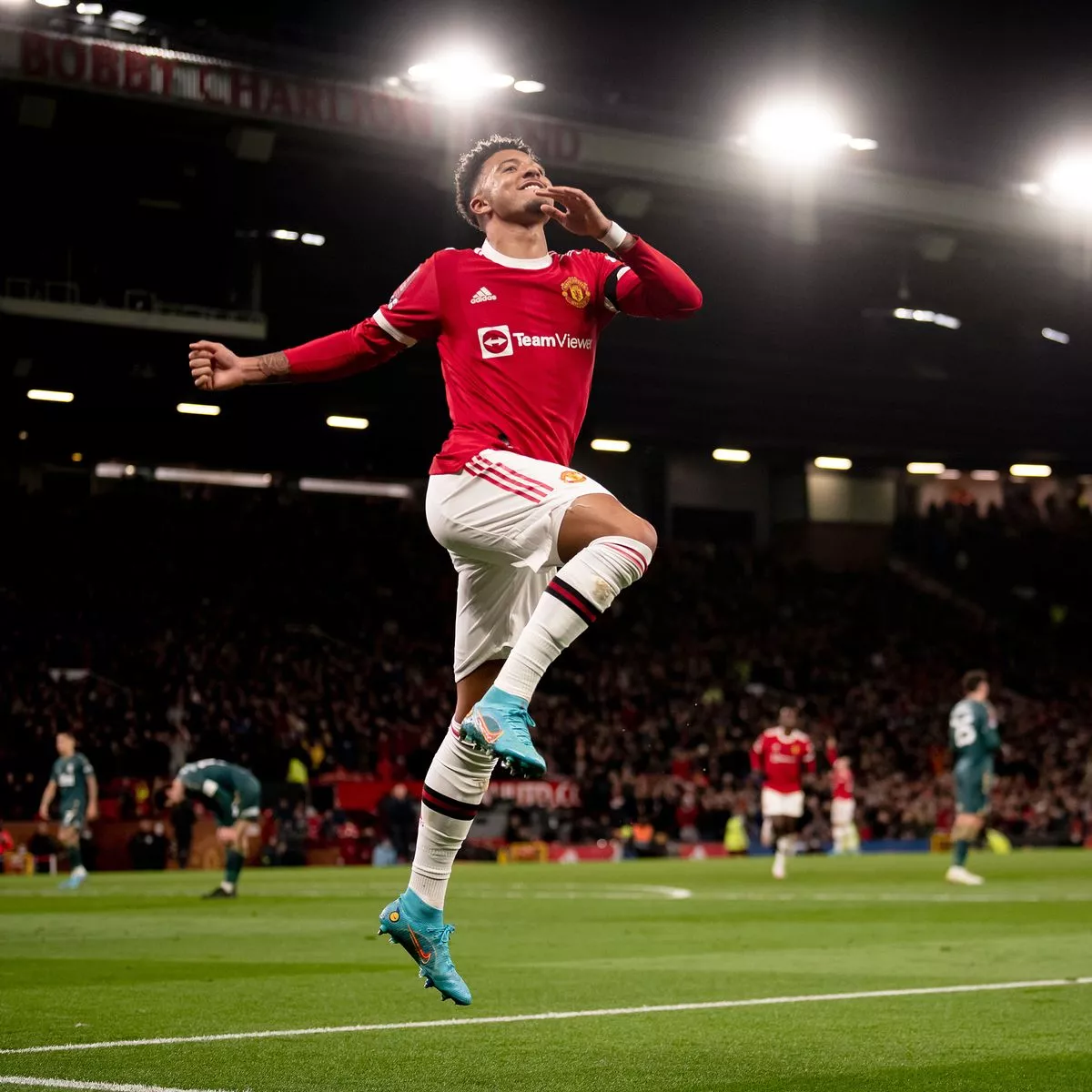
From Pricey Prospect to Manchester United
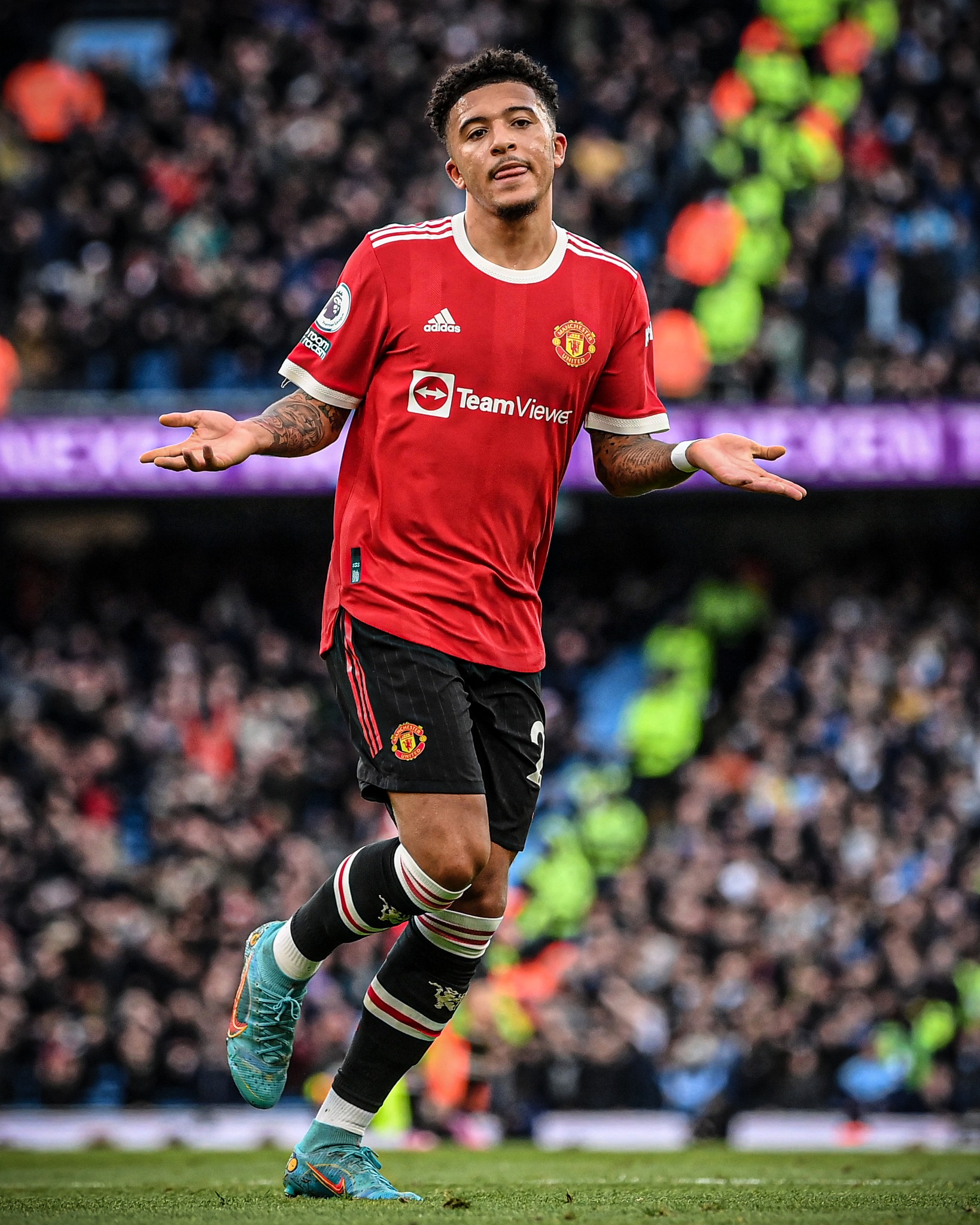
On July 23, 2021, the handshake between Ole Gunnar Solskjaer and Jadon Sancho at the Carrington training center, accompanied by a five-year contract signing, carried the hopes of countless Manchester United fans. Sancho had previously been heralded as a wonderkid, showcasing his exceptional talent in the academies of Watford and Manchester City, consistently dazzling on the youth football stage.
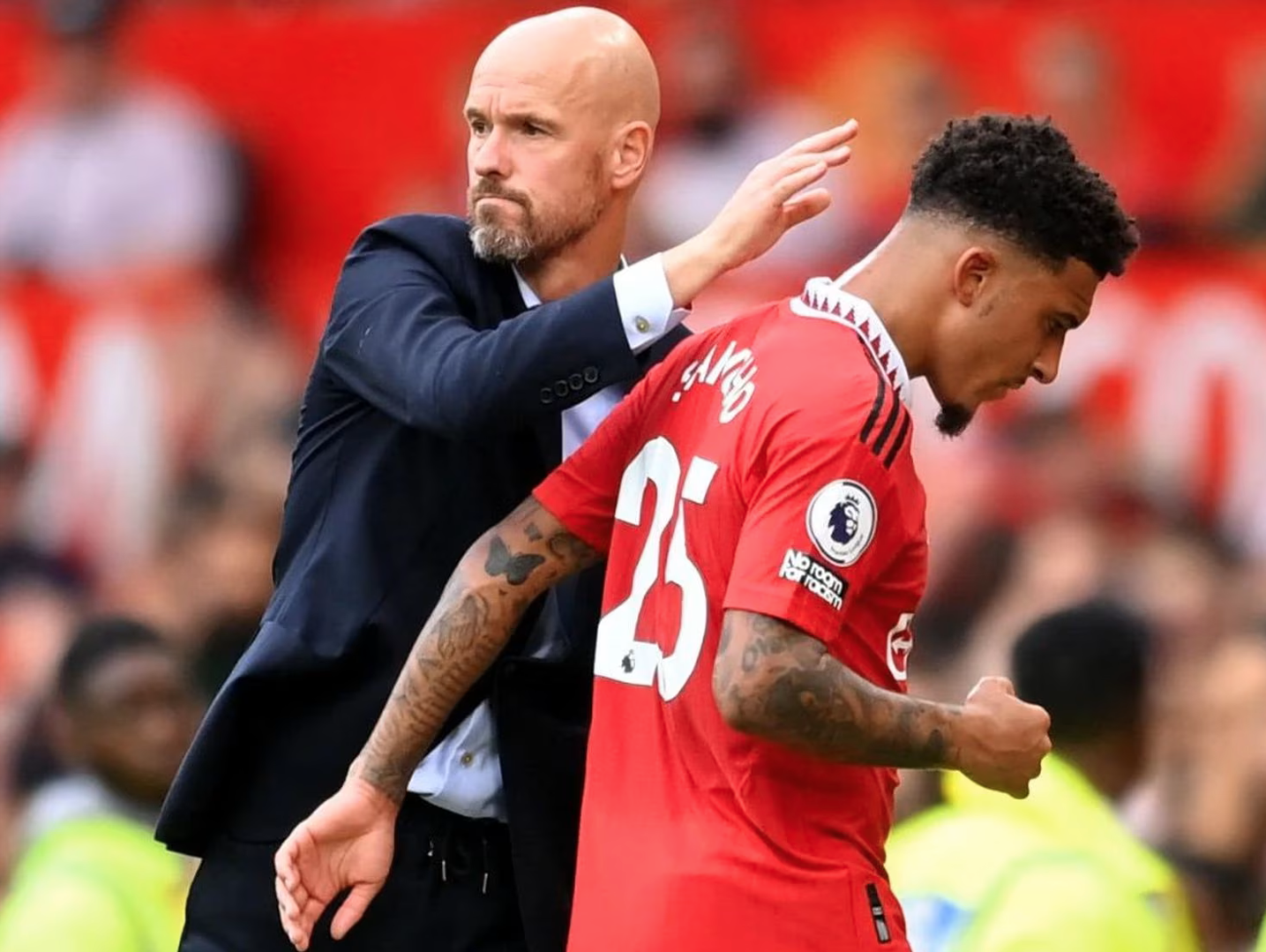
His move to Borussia Dortmund in 2017 saw Sancho rapidly become a vital asset for the club from North Rhine-Westphalia, the most populous state in Germany. His performances at Signal Iduna Park left European football giants, including Manchester United, Real Madrid, Barcelona, Bayern Munich, and Chelsea, captivated.
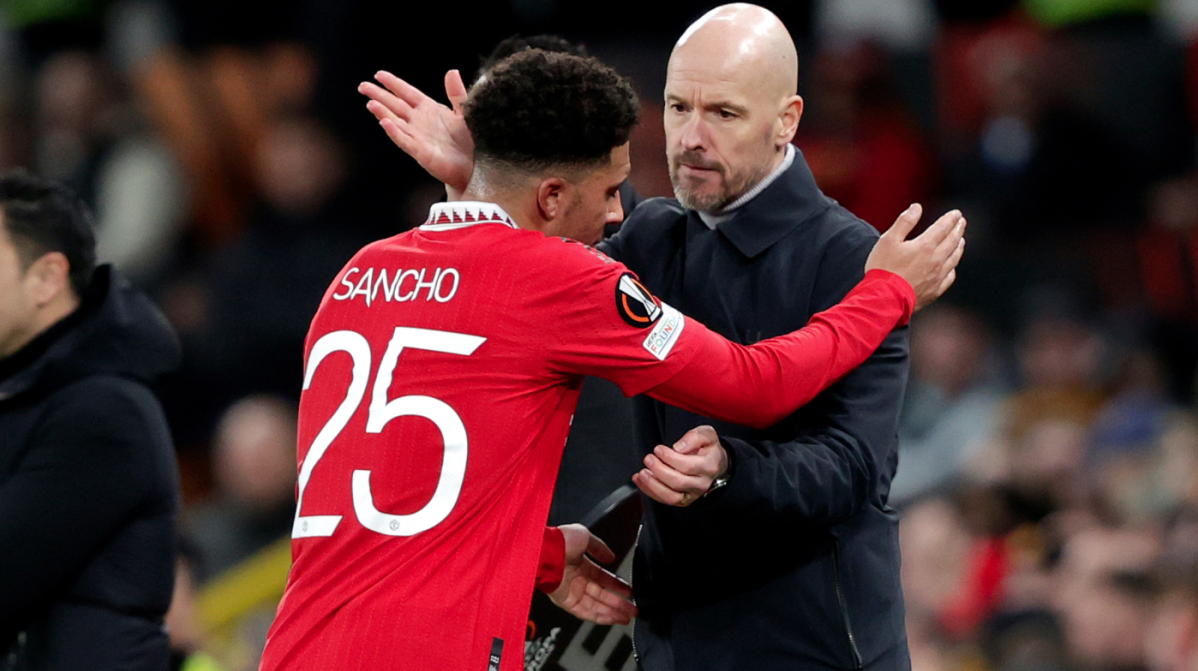
Manchester United had been tracking Sancho’s progress since 2019 when he was just 19, yet he had already made a profound impact, amassing an impressive 12 goals and 14 assists in his second Bundesliga season with Dortmund.
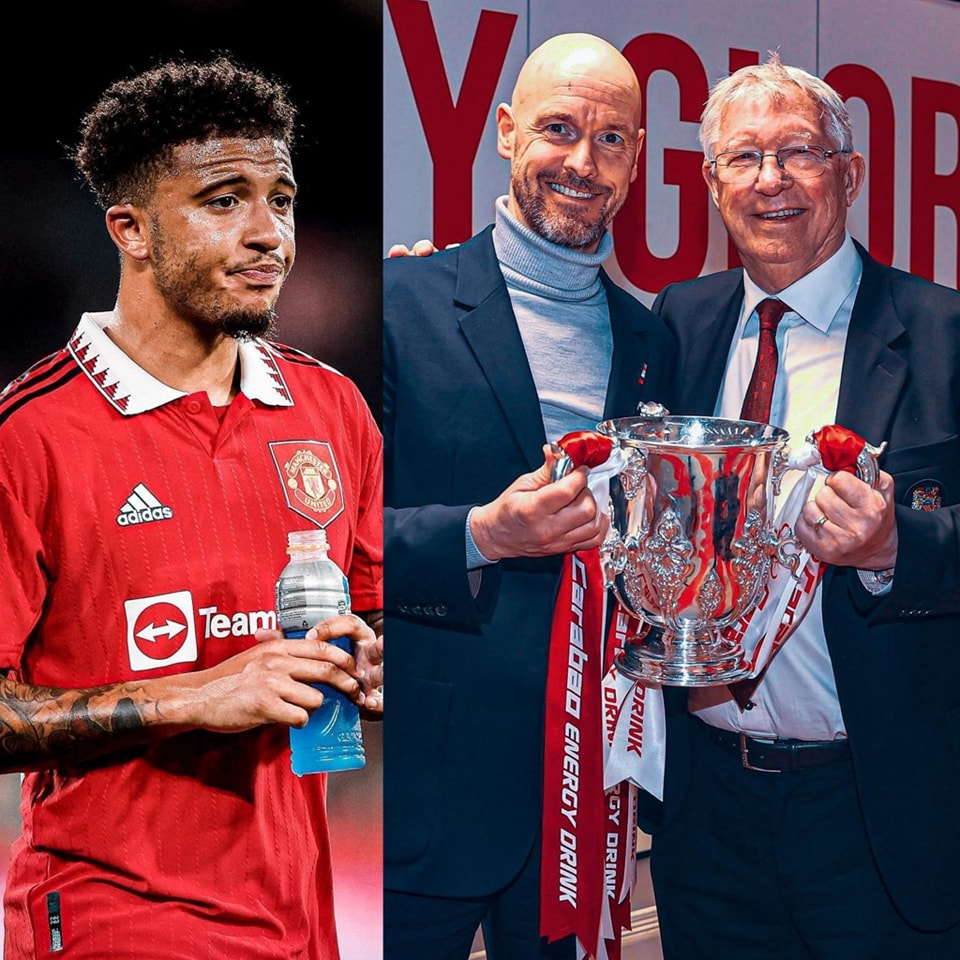
The dream finally materialized in July 2021, shortly after the delayed EURO 2020 due to Covid-19. With 50 goals and 57 assists, Manchester United believed that Jadon Sancho had graduated to join the ranks of Europe’s elite players.
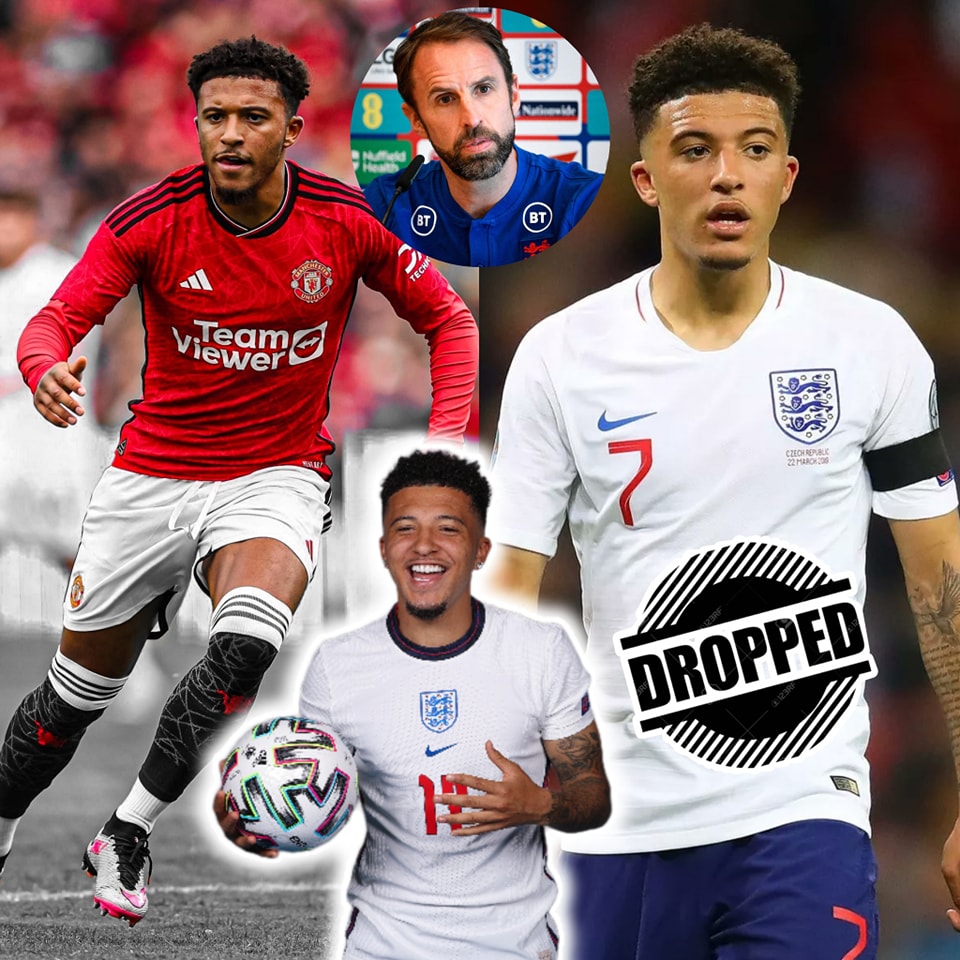
At that time, under the leadership of Solskjaer, Manchester United had just secured a second-place finish in the Premier League, their best performance post-Alex Ferguson, equalling their 2017-18 campaign under Jose Mourinho. They felt they had found the ideal piece to aim for glory.
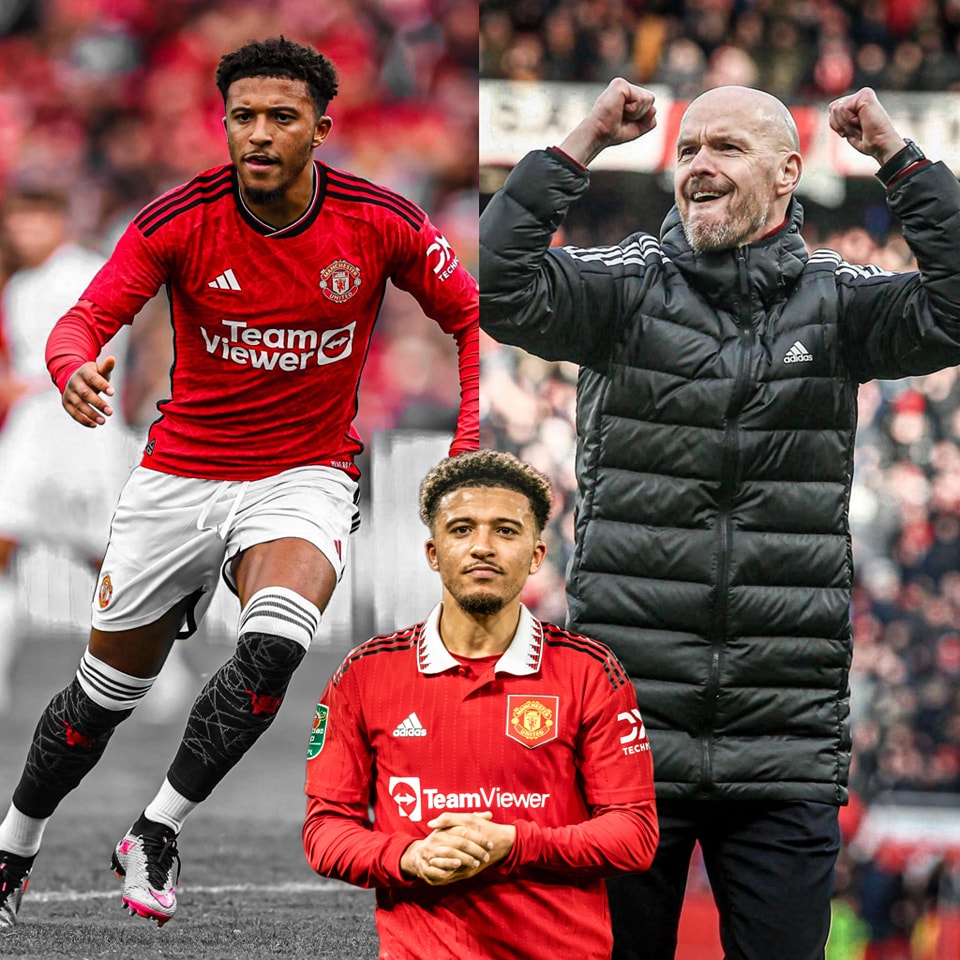
United fans eagerly embraced the club’s unveiling message: “This is Jadon’s home. This is where he belongs.” It was widely believed that Sancho had the potential to elevate the Red Devils to new heights.
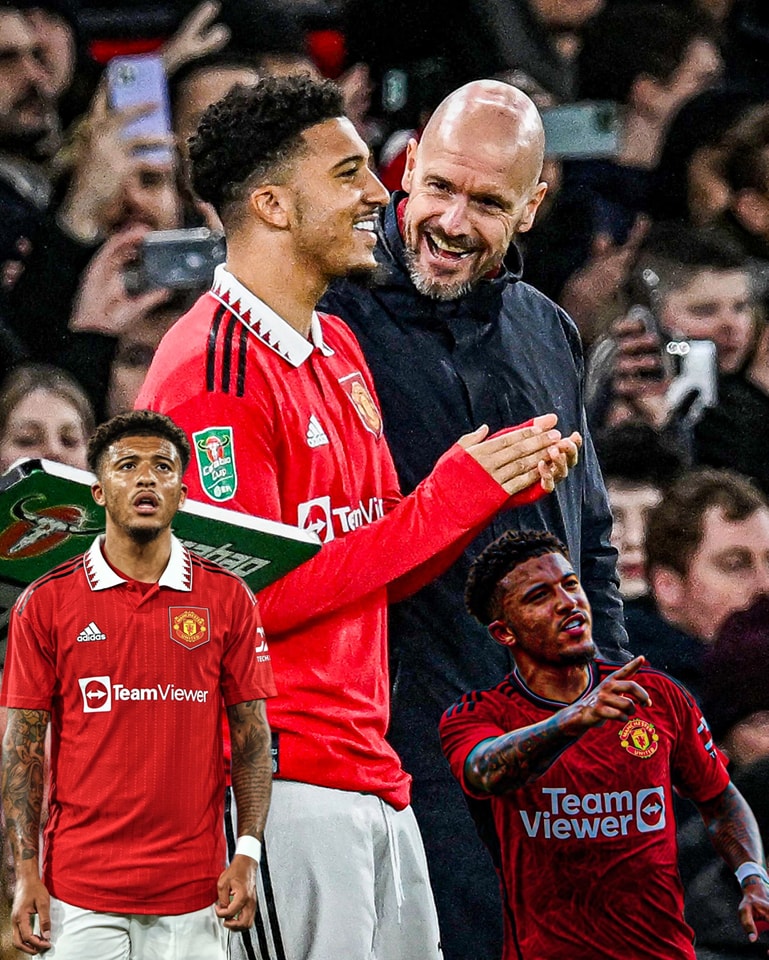
Lost in the Theatre of Dreams
Shortly after signing Sancho, Manchester United also brought back Cristiano Ronaldo, further crowding an already packed forward line that included Greenwood, Martial, Lingard, Juan Mata, Rashford, Cavani, and Elanga. Solskjaer struggled to find the right role for Jadon.
In his first six appearances for the club, one of the wealthiest and most successful in English football, the 2000-born talent started just two matches and never completed a full 90 minutes.
The spark he had displayed at Dortmund was replaced by uninspiring performances in the red jersey of Manchester. Sancho seemed to struggle with the feel for the game, his mentality, and his physical condition.
Part of this might be traced back to his penalty miss during the fourth round of the EURO 2020 penalty shootout, which ultimately led to England’s defeat to Italy.
Sancho failed to seize opportunities during matches, and as a result, he found himself relegated to the status of a luxury substitute under Solskjaer, Ralf Rangnick, and Erik ten Hag.
Last season, there were periods when Sancho was conspicuously absent without clear reasons. Subsequently, Ten Hag explained that the 23-year-old winger was given time off to “address physical and mental issues,” and he was sent to the Netherlands to work with a team of specialists.
Unfortunately, there was no expected improvement. Youngster Garnacho emerged and continued to keep Sancho on the bench. In a match against Arsenal, he was even omitted from the squad altogether, with Pellistri chosen as the backup solution.
Sancho’s dissatisfaction with not getting playing time at the Emirates prompted him to write a lengthy letter criticizing Ten Hag, feeling he had been turned into a “sacrificial lamb.”
There were no sacrificial lambs, just a harsh truth: Sancho had failed to meet the standards demanded by his managers, with only 12 goals and 6 assists to his name.
Even Gareth Southgate had refrained from selecting Sancho for England matches since October 2021 (a 5-0 victory against Andorra in the World Cup 2022 qualifiers). In 15 international appearances, he had managed just one goal for the Three Lions.
Before blaming others, Sancho should introspect and take responsibility for his own performance!

